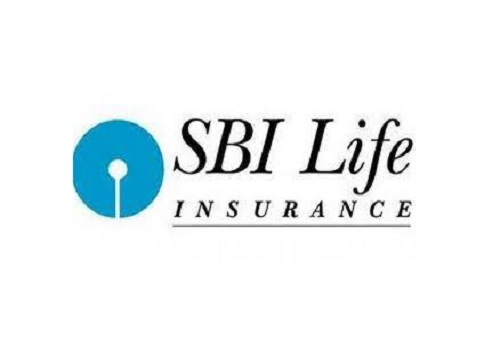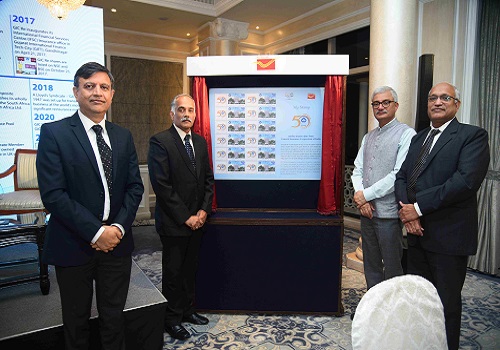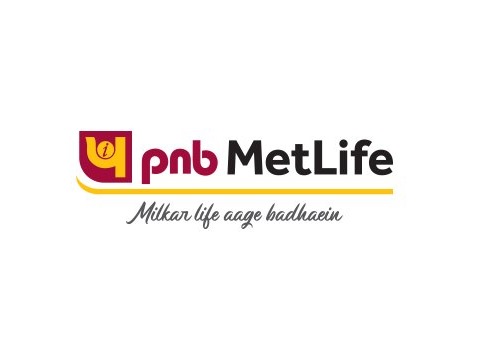Life Insurance Tax Benefit: What are Tax Saving Investments? - PNB MetLife

Follow us Now on Telegram ! Get daily 10 - 12 important updates on Business, Finance and Investment. Join our Telegram Channel
Can you get tax benefits from your life insurance cover? Read on to discover how.
Whenever the financial year ends, there is one concern on most salaried people’s mind: Have I made wise tax saving investments and come up with a solid tax saving plan? There are multiple ways in which you can ensure that your hard-earned money doesn’t get unnecessarily eaten up by huge tax payments. But one of the safest and wisest ways to do this is to get tax benefits from your life insurance cover. So how exactly does your life insurance policy become a tax saving investment? Let’s find out.
How can your life insurance policy become a tax saving plan?
Most of us know that under Section 80C of the Income Tax Act, premiums paid towards a life insurance policy qualify for a tax deduction. The maximum amount of deduction that can be claimed under Section 80C is Rs 1.5 lakhs for the current financial year. As a taxpayer, you need to opt for tax saving investments that will get you benefits and yet keep your money safe. So, life insurance becomes a viable option.
Section 80C and Section 10(10D) – Two vital elements in your tax saving plan
With Section 80C, as a tax payer you can heave a sigh of relief as you don’t have to pay tax on Rs. 1.5 lakhs of your salary. Instead, you can simply deduct this amount from your taxable income. It is however important to know that this deduction is allowed only for certain expenses and investments. Life insurance premiums are one such expense. In addition, as an investor, you must also, be made aware that the life insurance cover needs to be at least 10 times the annual premium that you pay to be eligible for tax benefits.
Now, we come to Section 10(10D). This section makes income on maturity tax-free if the premium is not more than 10% of the sum assured or the sum assured is at least 10 times the premium. However, if the sum assured is less than 10 times the premium, you will get a deduction on the premium up to 10% of the sum assured. Let me illustrate. Suppose you pay Rs. 1 lakh as premium for a sum assured of Rs. 5 lakhs. Your deduction will be ₹50,000 and not ₹1 lakh since ₹50,000 is 10% of ₹5 lakh.
What happens in case of death or on maturity?
In case of death, the nominee gets the sum assured and it remains tax-free. On maturity, if policy satisfies conditions mentioned in the Section 10(10D), maturity proceeds will be exempted from tax. if the policy doesn’t satisfy conditions, maturity proceeds will be taxable. On such policies, life insurance companies deduct 1% withholding tax. No withholding tax is applicable if aggregate of payment to policyholder should not be more than INR One Lakhs.
How important is all this?
In all financial matters, it is better to go through the details carefully. This holds true for insurance policies as well. In the case of term plans, you may not find it critical to go through every detail since the sum assured is much larger than the premium paid. But when you’re considering life insurance as a means of tax saving investments, being aware of the insurance limit becomes important.
Get smart and be aware
You can use the above information to help you come up with a great tax saving plan to get you tax benefits from your life insurance. This could really help you build a corpus and secure your family.
To know more about Term Insurance browse the website for various Term Plans offered by PNB MetLife
Disclaimer:
The aforesaid article presents the view or an independent writer who is an expert on financial and insurance matters. PNB MetLife India Insurance Co. Ltd. doesn’t influence or support views of the writer of the article in any way. The article is informative in nature and PNB MetLife and/ or the writer of the article shall not be responsible for any direct/ indirect loss or liability incurred by the reader for taking any decisions based on the contents and information given in article. Please consult your financial advisor/ insurance advisor/ before making any decision.
PNB MetLife India Insurance Company Limited, Registered office address: Unit No. 701, 702 & 703, 7th Floor, West Wing, Raheja Towers, 26/27 M G Road, Bangalore -560001, Karnataka.
IRDAI Registration Number 117. CI No: U66010KA2001PLC028883.
Please read this Sales brochure carefully before concluding any sale. This product brochure is only indicative of terms, conditions, warranties and exceptions contained in the insurance policy. Detailed terms and conditions are contained in the policy document
For more details on risk factors, terms and conditions, please read the sales brochure carefully before concluding any sale. Terms and Conditions Apply."Tax benefits are as per the Income Tax Act, 1961, & are subject to amendments made thereto from time to time. Please consult your tax consultant for more details" Goods and service Tax (GST) shall be levied as per the prevailing tax laws which are subject to change from time.
The marks “PNB” and “MetLife” are registered trademarks of Punjab National Bank and Metropolitan Life Insurance Company, respectively. PNB MetLife India Insurance Company Limited is a licensed user of these marks.
Call us Toll-free at 1-800-425-6969. Phone: 080-66006969, Website: www.pnbmetlife.com, Email: indiaservice@pnbmetlife.co.in or Write to us: 1st Floor, Techniplex -1, Techniplex Complex, Off Veer Savarkar Flyover, Goregaon (West), Mumbai – 400062, Maharashtra. Phone: +91-22-41790000, Fax: +91-22-41790203
LD/2019-20/054 EC053
• IRDAI is not involved in activities like selling policies, announcing bonus or investment of premiums. Public receiving such phone calls are requested to lodge a police complaint










Tag News

Insurance Sector Update : Life New Business ? Aug-23: Robust growth for the private sector B...





 320-x-100_uti_gold.jpg" alt="Advertisement">
320-x-100_uti_gold.jpg" alt="Advertisement">








